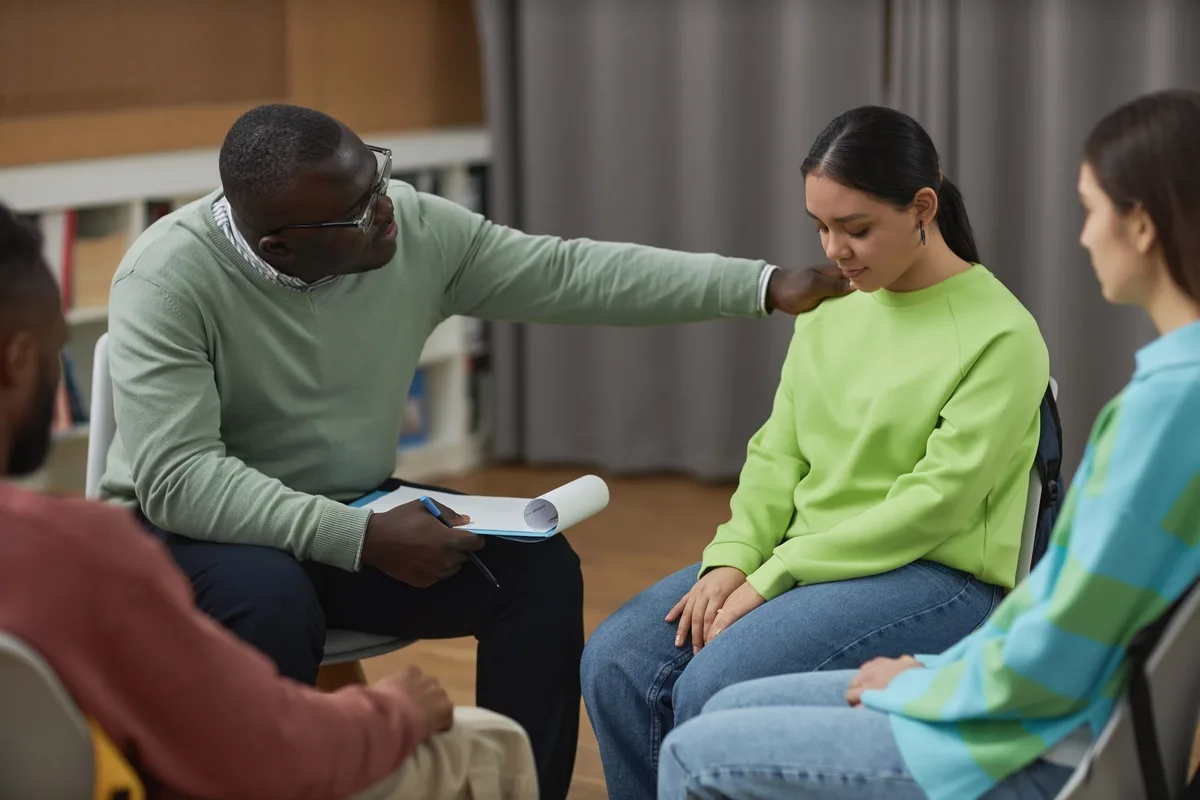24/7 Helpline:
(866) 899-111424/7 Helpline:
(866) 899-1114
Learn more about Inpatient Rehab centers in Finney County

































Other Insurance Options

Private insurance

Evernorth

Absolute Total Care

Holman Group

BlueShield

Health Net

Optima

PHCS Network

Molina Healthcare

Carleon

American Behavioral

UnitedHealth Group

Choice Care Network

Access to Recovery (ATR) Voucher
Beacon

Lucent

Humana

Premera

Ceridian

MVP Healthcare